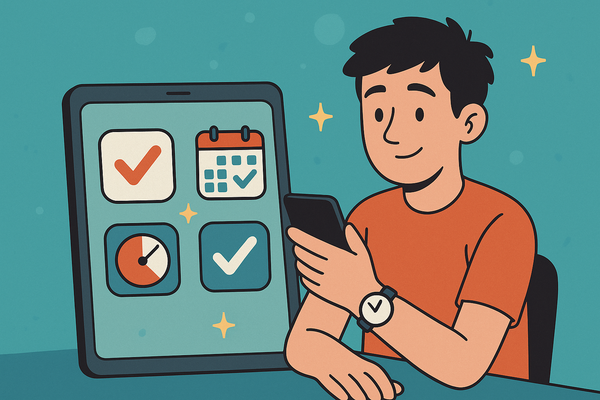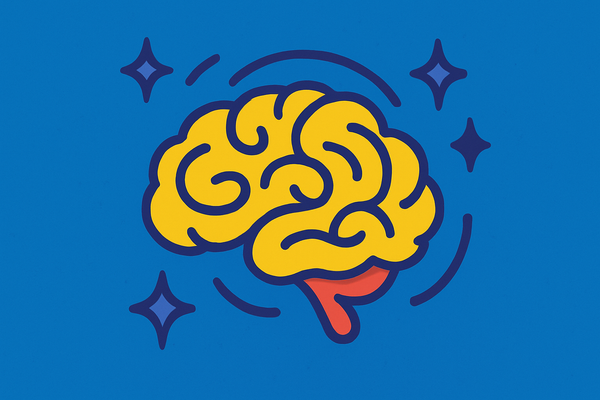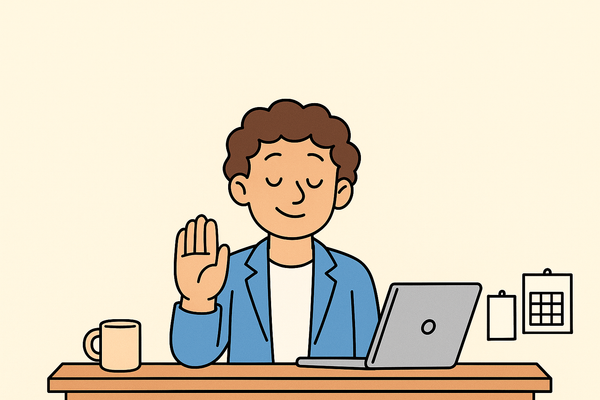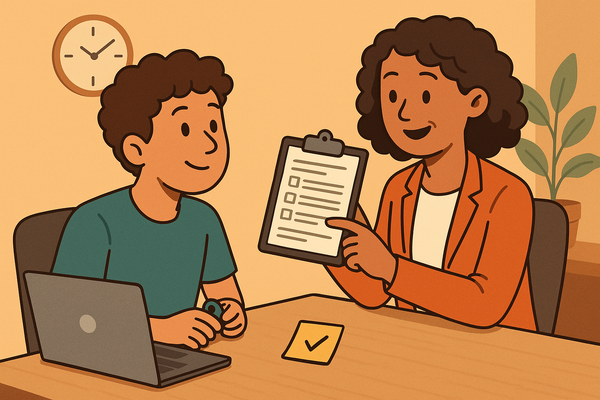ADHD Workplace Accommodations: What They Are and How to Make Them Work for You
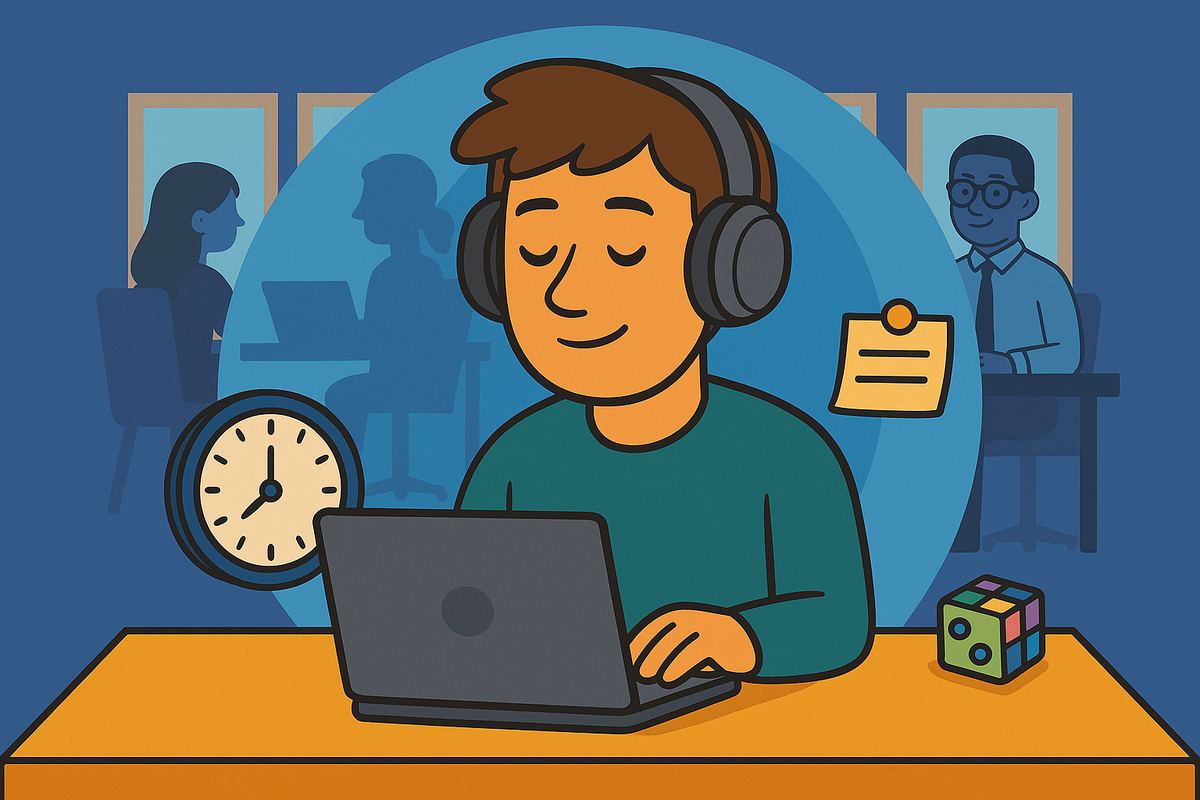
If you’ve been diagnosed with ADHD and you’re struggling at work, you might be wondering what kind of support you’re entitled to. Terms like “reasonable accommodations” can sound vague or overly formal, especially if you’re still figuring out how ADHD shows up in your day-to-day life.
This guide breaks down what workplace accommodations actually mean, how to ask for them, and examples of what they can look like in real jobs — without legal jargon or corporate fluff.
What Are Workplace Accommodations?
In many countries, including the U.S., Canada, the UK, and Australia, employees with disabilities (which includes ADHD) have the legal right to request changes to their work environment or routine that help them do their job more effectively.
These changes are called reasonable accommodations and are meant to remove barriers related to your diagnosis — not give you an unfair advantage.
How ADHD Can Affect Work
ADHD affects executive function, the brain’s ability to plan, prioritize, manage time, and regulate focus and emotions. That can show up at work in all kinds of ways:
- Difficulty with time management or meeting deadlines
- Trouble organizing tasks or tracking priorities
- Sensitivity to noise or distractions in open offices
- Forgetting steps in a multi-part process
- Struggling to switch tasks or complete reports
- Getting overwhelmed by unclear or shifting expectations
Accommodations are about working with your brain, not against it.
Examples of ADHD-Friendly Workplace Accommodations
Here are some real-world examples of accommodations people with ADHD have used successfully:
✅ Environmental Support
- Moving to a quieter desk or using noise-canceling headphones
- Flexible workspace (e.g. working in a conference room or from home part of the week)
- Permission to wear earplugs or listen to music while working
✅ Time & Task Management
- Written instructions or follow-up notes after meetings
- Extra time for complex projects
- Regular check-ins or reminders from a manager
- Using visual timers or task boards
✅ Scheduling & Flexibility
- Modified work hours to avoid peak distraction times
- Short breaks throughout the day to reset focus
- Breaking up long meetings or tasks into shorter sessions
✅ Communication Clarity
- Clear expectations and deliverables
- More frequent feedback
- Permission to ask for clarification without judgment
These accommodations don’t need to cost your employer much — or anything. And many benefit the entire team.
How to Ask for ADHD Accommodations
You don’t need to disclose your entire medical history, but you may need to:
- Identify your needs. Where are you struggling? What changes would help?
- Put it in writing. You can start informally with your manager or go through HR.
Use supportive language. Example:
“I have a condition that affects attention and organization. Would it be possible to receive agendas before meetings and written follow-ups to help me stay aligned with the team?”
If your company has an HR department, you may be asked for a doctor’s note confirming you have a condition that qualifies for accommodations.
Like what you’re reading? Get weekly ADHD news, tools, and creative strategies delivered straight to your inbox.
What If You’re Afraid to Ask?
That’s valid. Not all workplaces are safe or supportive. You can:
- Start small: Ask for support without naming ADHD
- Keep documentation of your work and requests
- Talk to a therapist or legal advisor if you fear discrimination
In some cases, getting accommodations might mean not disclosing ADHD, but instead asking for specific changes based on how you work best.
Accommodations vs. Self-Advocacy
Accommodations are about rights. But even without them, you can set up self-supportive systems:
- Use timers, sticky notes, or body doubling
- Keep a simple task app with notifications
- Block off calendar time for “focus sprints”
Whether your boss grants an official accommodation or not, you’re allowed to take up space and ask for what helps you function better.
Final Thoughts
ADHD doesn’t mean you’re broken or less capable. It just means you may need different kinds of support. Accommodations aren’t about special treatment — they’re about giving your brain what it needs to thrive.
You deserve to do great work in a way that works for you.

